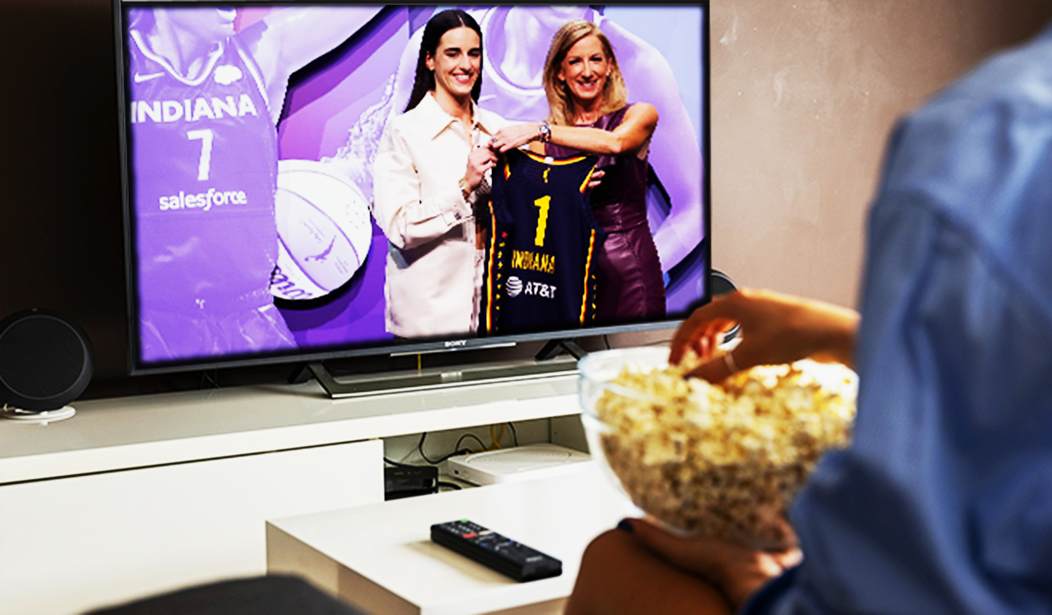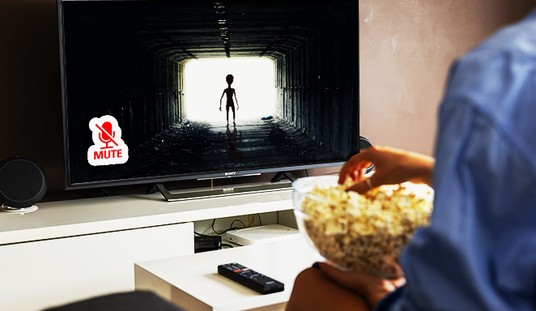Twenty-eight years. That is how long the Women’s National Basketball League has been competing. That is also the same amount of time the league has failed to turn a profit. Twenty-eight years of losses. After nearly three decades of operation, one would think by now that a formula would be established to become a functional entity.
Much has been made by critics of the sub-par quality of play and the accused unwatchability of the games. This is a subjective critique, as the league does have its adherents, but in 30 years there has not been a sign of legitimate growth without a significant amount of backing from NBA owners who have subsidized the operations. But the problems are seen beyond the financials.
A new television contract has been lucrative, and revenues have swelled as a result, but this has not cleared out the teams operating in the red. The arrival of the wildly popular Caitlin Clark, along with the new broadcast rights the past couple of years, should have been a watershed moment when the WNBA finally turned a corner and became viable; instead it appears consigned to fight against these efforts.
Clark’s presence has been a cause of conflict, with players exhibiting outrage and antagonism as they target this blue-chip player. Instead of using her to spread interest and highlight others on the court, players have been intent on literally muscling in on her spotlight and creating conflict to earn attention. This has repelled some who may have been drawn in when Clark was drafted.

Angel Reese has been the most vocal and prominent of the combatants, resorting to both verbal and physical attacks on Clark to garner her share of notoriety. Events in the past few weeks have further exposed the imbalanced focus of this league.
Reese alleged she was subject to racist comments during a game in Indianapolis, after she had been shamed on the court in a massive loss. She ducked any specific questions about her allegations, while at the same time making herself the center of the ginned-up controversy.
"I think the WNBA and our team and our organization has done a great job supporting me. ... Going through this whole process, if it can happen to me, it can happen to anyone."
The WNBA Completely Embarrasses Itself...Again
The league launched a full-scale investigation into Reese’s allegations, despite the fact that apart from her claims there had been nothing approaching corroboration after the game. Time and resources were spent, leading to nothing being found to substantiate her charges. But what makes this neutered effort so ridiculous is that when presented with other, firm evidence of someone delivering unacceptable language of this nature, the league did nothing.

Weeks after Reese’s phantom racism, WNBA player Brittney Griner was caught on camera uttering a vulgar and racist epithet. It was suggested this had been directed towards Caitlin Clark, but even if her target was unsubstantiated the words were clearly heard. As RedState's Jerry Wilson noted at the time, “Neither Griner, Clark, the teams involved, nor the WNBA has yet publicly commented on the matter. Unsurprisingly, neither has ESPN.” This is a sign that the league operates from a specific standpoint.
The following has been released by the WNBA. pic.twitter.com/rFlKQAHmzQ
— WNBA Communications (@WNBAComms) May 27, 2025
Note that last line in this official statement. They have shown how they do not provide a “safe and inclusive environment for everyone.” They are selective about where this standard gets applied, highlighted by how this announcement was released after Griner’s racist tirade. Then the WNBA pledged to be vigilant about “enforcing our fan code of conduct,” when they were incapable of finding a sliver of evidence that there had been a violation of any sort by those in attendance.
This displays the league’s priorities; they hold their players as unassailable and the fans can be the ones cast in negativity based on the egos of the players who behave as divas. Beyond defending Clark from the targeted hostility, the WNBA appears content to coddle its problematic players and lose focus on building a product that people would desire.
The message they sent is that the players can act without accountability, but the fans need to be held to a ridiculously higher standard or incur reprisals. Entitlement over humility, aggression over acceptance, and selective application of racial standards – this is not the formula to draw interest and fans. It is the blueprint for another decade of continued financial failure.














